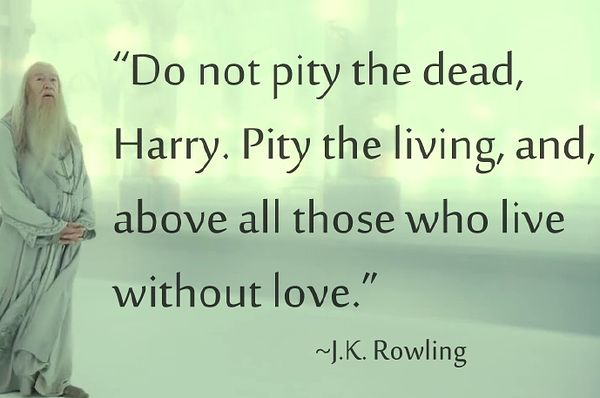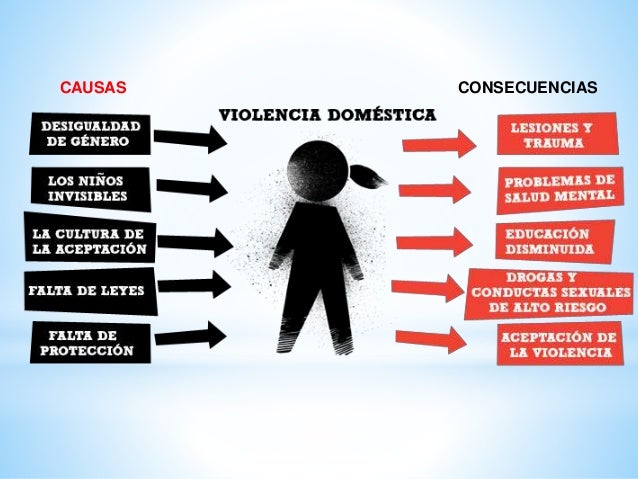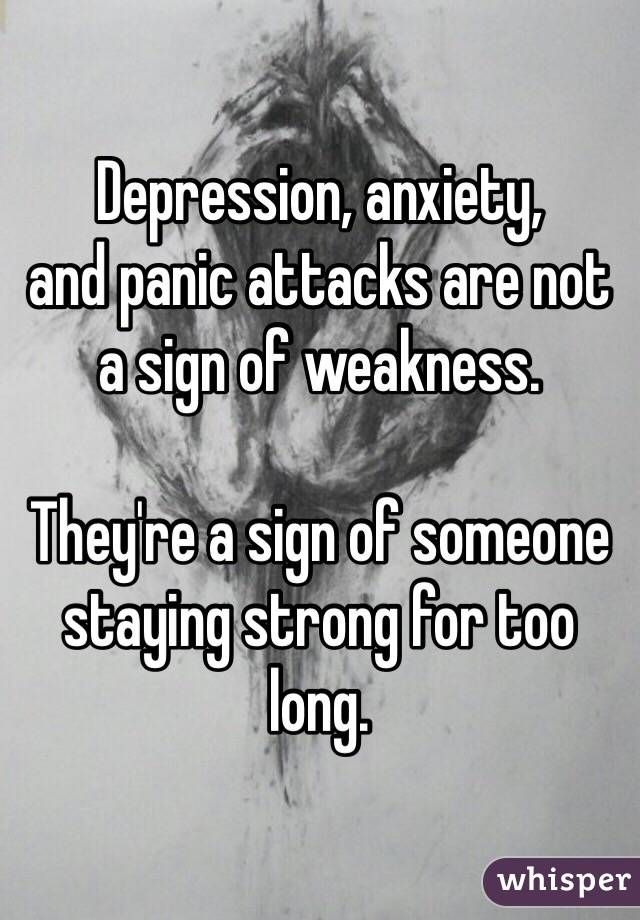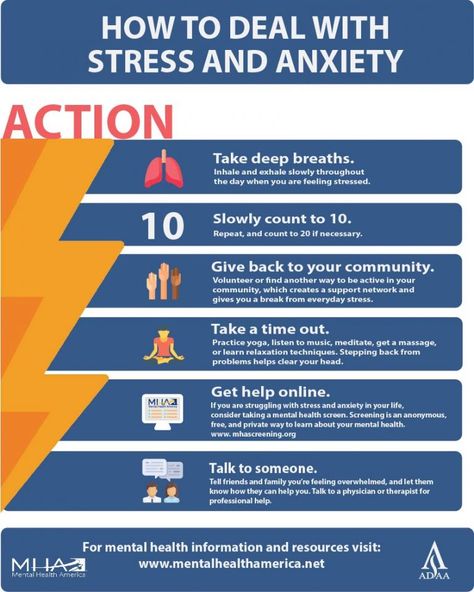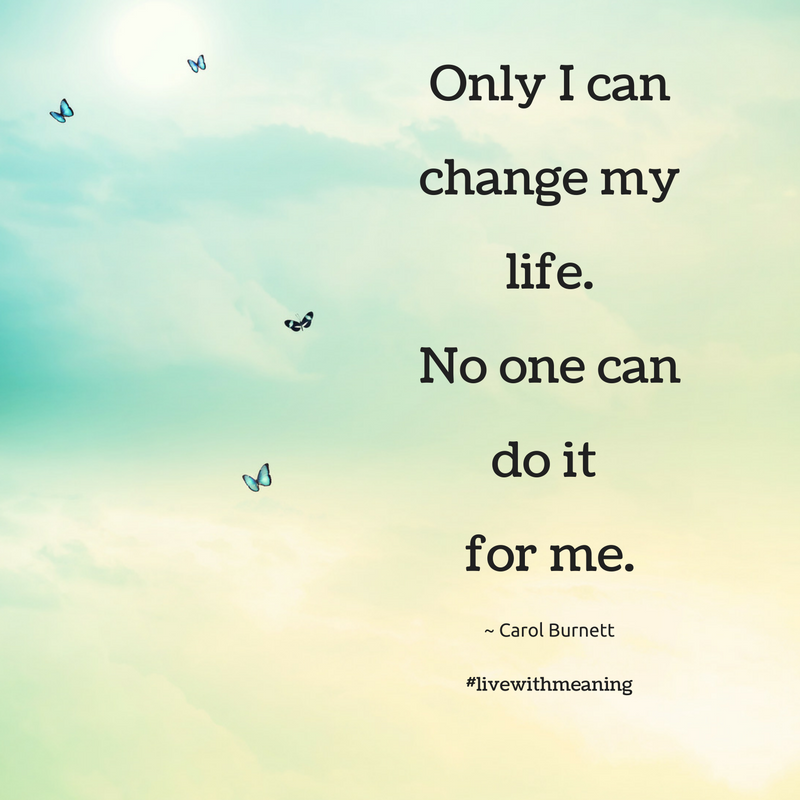No negative emotions
There Are No Negative Emotions
By Angela Wheeler on Leave a Comment
Last updated on
Excitement. Joy. Relief. Confidence. Love. Amusement. Hope. We’ve all experienced these positive emotions at some point in our lives.
Rage. Fear. Despair. Shame. Embarrassment. Grief. Disgust. We’ve all experienced these emotions, as well.
Do you notice within yourself a level of discomfort even reading about the second set — the “negative” emotions? I do. Even reading those words I feel within myself an unsettledness of sorts. Rage. Shame. Disgust. Phew! A bit more disquiet inside.
I have been working for some time now on allowing and acknowledging what I believe to be a truth: there are no negative emotions .
I realize that this could easily lead into a discussion around language and semantics, and while I love those discussions that’s not the internal work I’ve been doing around emotions.
We
learned to judge our emotions.I was taught from a very young age to not express negative emotions. They made me weak and other people uncomfortable. I know this is something that many others have been taught as well. Whether this teaching was intentional or not, it was a very clear message about what were good and acceptable emotions and what were not.
For many people, gender played a role in which emotions were acceptable or not. I grew up in a time and place where girls were not supposed to show rage or anger, and for some of us not sadness or other negative emotions, either. Boys were not supposed to show fear or sadness. This is a broad generalization; acceptable/unacceptable emotions also varied considerably among my friends in different racial, socioeconomic, and religious/spiritual groups.
While I have seen considerable progress and change around allowing and cultivating the full emotional spectrum in children — and many adults have been doing the work, as well — I know that we still have a long way to go. Each and every one of us needs to be able to feel and express the full range of human emotions.
Each and every one of us needs to be able to feel and express the full range of human emotions.
As with any change we want to see in the world, it’s up to us to start within first. And, for me, that has included a “re-training” of my brain that all of my emotions are fully good and acceptable and needed and wanted. Even the “negative” ones; the ones that have challenged me and made me incredibly uncomfortable and even scared. And, I have made the choice to actively not label those feelings that make me uncomfortable as negative.
The way we categorize things (here, emotions) makes a huge impact on how we think about and relate to them. I have noticed for myself that as I have been doing this work to accept and feel all emotions as good and needed and holy, rather than as positive or negative, I have been more in touch with what I am truly feeling and experiencing, and have been much less judgmental of myself when I am feeling a “negative” emotion.
What has been eye-opening and cathartic is that as I have allowed and not judged my “negative” emotions, they have been fully felt
and I have been able to more easily get back to the business of living and doing my best work.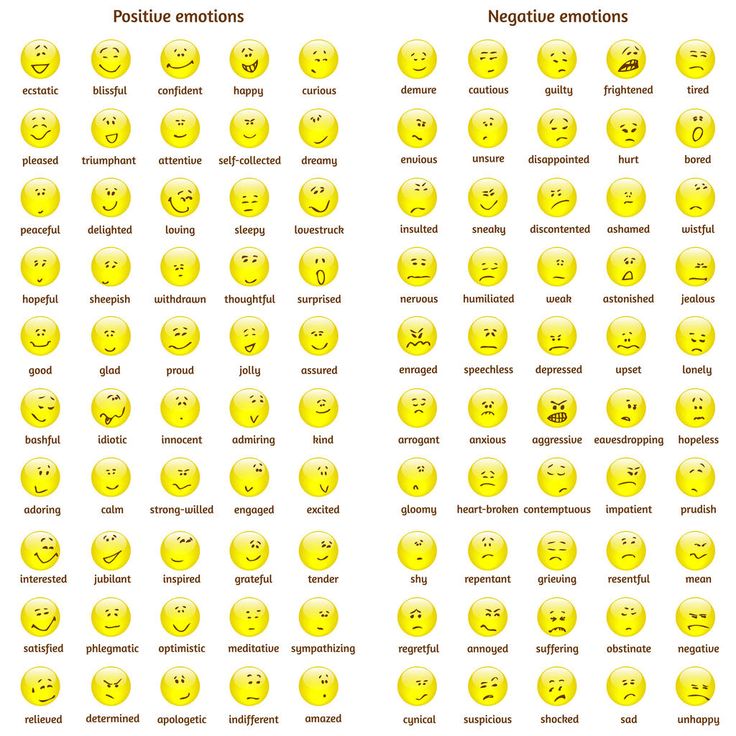 When I stopped holding the emotion, I allowed it to do what it is meant to do: be felt.
When I stopped holding the emotion, I allowed it to do what it is meant to do: be felt.
Feel your emotions, don’t hold them.
We feel those “negative” emotions whether we want to or not. Pretending they don’t come up for us is futile and a waste of our precious time.
I completely understand why we have labeled our emotions as positive or negative. It’s generally how we feel when one or more of those emotions is happening. We don’t want to feel uncomfortable, so we try to run away from it.
You cannot run away from what is inside of you. It’s staying with you and it will find its way to being seen and heard. Please allow it to be seen and heard in a way that supports you and leads to your growth and wellness. That uncomfortable feeling is only showing you something you need to see.
As humans we try to steer away from the uncomfortable (“negative”), but we cannot steer away from the feelings that make us uncomfortable and still be fully integrated and healthy humans.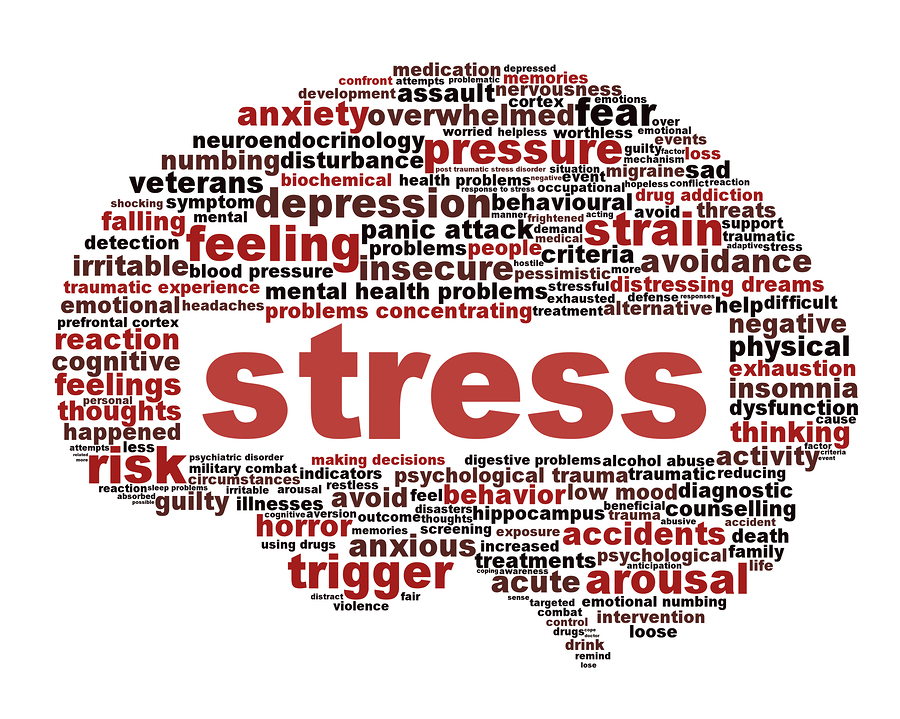
Feel them all, then. (Remember, too, that you are responsible for what you do with those feelings.) When you finally allow yourself to feel the whole range of emotions, it can be exhausting and confusing and scary. But it will also lead to much more peace and clarity.
Might you be able to see all of your emotions as just emotions? Not label them positive or negative?
Can you begin to build a healthier relationship with the emotions that have made you uncomfortable and hear what they are trying to tell you?
Will you?
Negative emotions - Better Health Channel
Summary
Read the full fact sheet- In the right context, negative emotions like anger, grief, sadness or jealousy are perfectly normal.
- Long lasting bouts of negative emotions can stop you enjoying life.
- Coping strategies can help to curb persistent negative feelings.
About negative emotions
Negative emotions can be described as any feeling which causes you to be miserable and sad.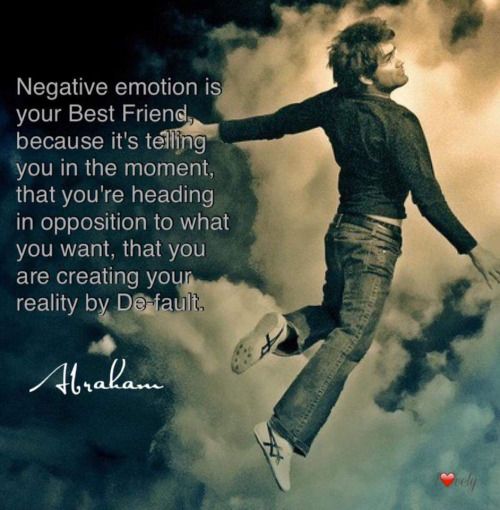 These emotions make you dislike yourself and others, and reduce your confidence and self-esteem, and general life satisfaction.
These emotions make you dislike yourself and others, and reduce your confidence and self-esteem, and general life satisfaction.
Emotions that can become negative are hate, anger, jealousy and sadness. Yet, in the right context, these feelings are completely natural. Negative emotions can dampen our enthusiasm for life, depending on how long we let them affect us and the way we choose to express them.
Holding onto negative emotions causes a downward spiral
Negative emotions stop us from thinking and behaving rationally and seeing situations in their true perspective. When this occurs, we tend to see only what we want to see and remember only what we want to remember. This only prolongs the anger or grief and prevents us from enjoying life. The longer this goes on, the more set the problem becomes.
Dealing with negative emotions inappropriately can also be harmful – for example, expressing anger with violence.
Emotions are complex reactions
Emotions are complex reactions involving many biological and physiological processes within our bodies.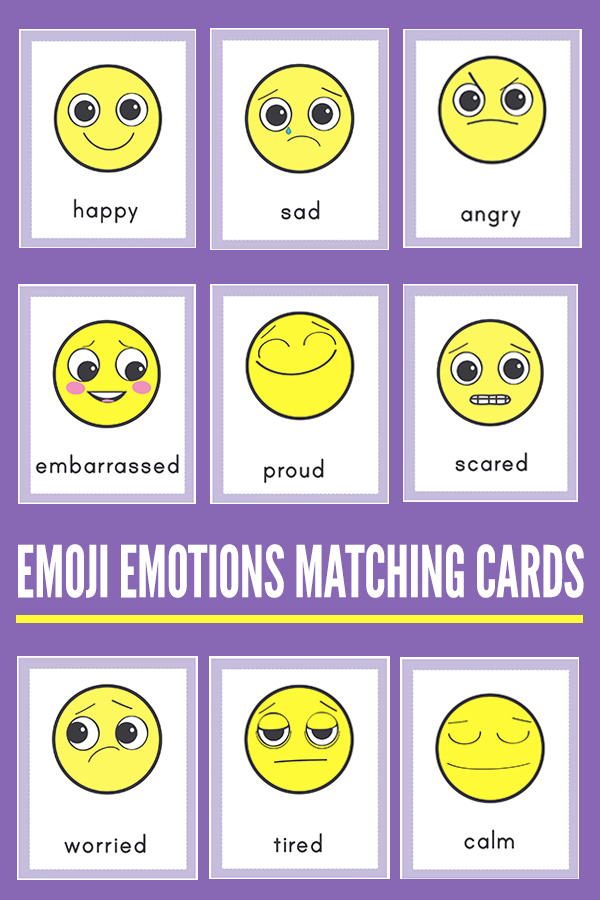 Our brain responds to our thoughts by releasing hormones and chemicals, which send us into a state of arousal. All emotions come about in this way, whether positive or negative.
Our brain responds to our thoughts by releasing hormones and chemicals, which send us into a state of arousal. All emotions come about in this way, whether positive or negative.
It’s a complex process and often we don't have the skills to deal with negative feelings. That’s why we find it hard to cope when we experience them.
How to deal with negative emotions
There are a number of coping strategies to deal with negative emotions. These include:
- Don’t blow things out of proportion by going over them time and again in your mind.
- Try to be reasonable – accept that bad feelings are occasionally unavoidable and think of ways to make yourself feel better.
- Relax – use pleasant activities like reading, walking or talking to a friend.
- Learn – notice how grief, loss and anger make you feel, and which events trigger those feelings so you can prepare in advance.
- Exercise – aerobic activity lowers your level of stress chemicals and allows you to cope better with negative emotions.
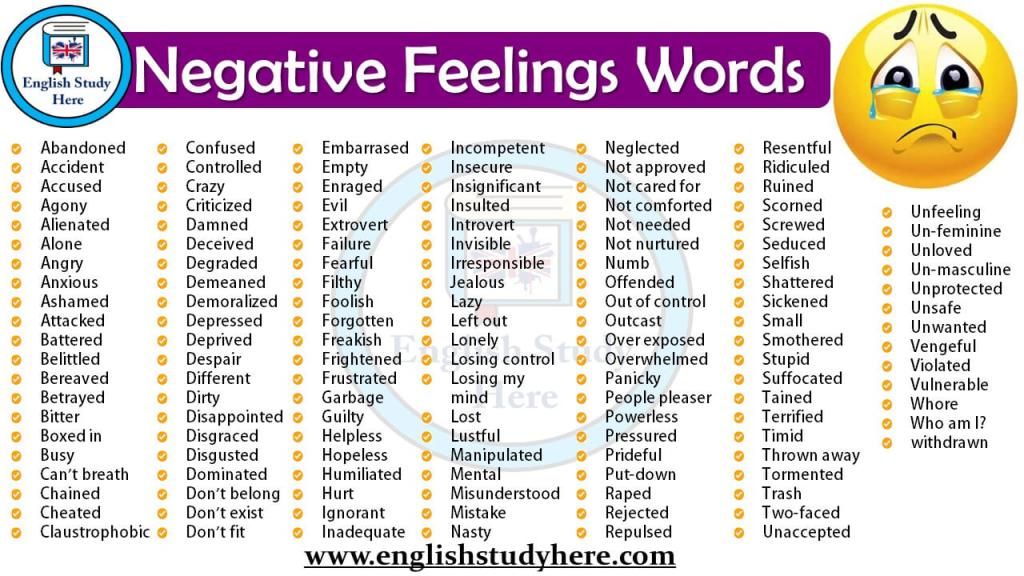
- Let go of the past – constantly going over negative events robs you of the present and makes you feel bad.
Where to get help
- Your GP (doctor)
- Your local community health centre
- Mental Health Foundation of Australia (Victoria) National Mental Health Helpline Tel. 1300 MHF AUS (643 287)
- 15 Common Cognitive Distortions – PsychCentral.
This page has been produced in consultation with and approved by:
The toxic positivity trap: what it is and how to get out of it
- Lucia Blasco
- BBC News Mundo
Image copyright, Getty Images
Image caption,Do you hide "negative" emotions?
Do you ever feel like you have to hide your negative emotions? As if you are forced around the clock and at any cost to maintain the image of a "happy person"? nine0020
It may sound counterintuitive, but being positive can be toxic.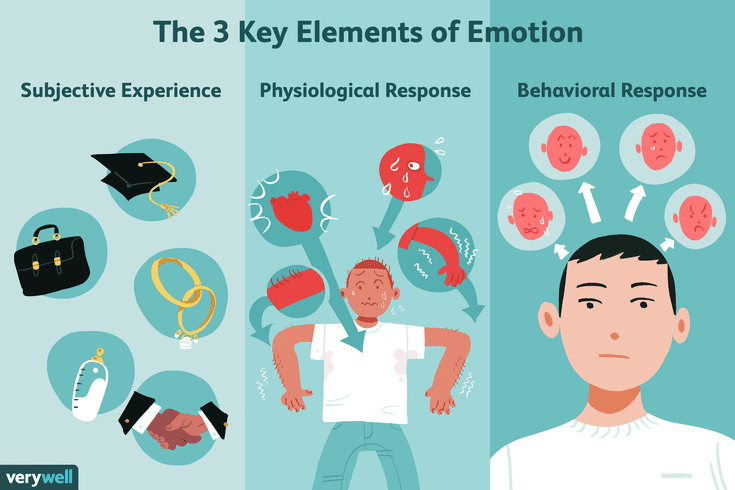
"Everything of value in life is achieved through overcoming the accompanying negative experience," says American writer and personal development consultant Mark Manson.
- Optimism 2020: stories that helped us not to lose heart in the year of the pandemic
- “No strength to live”: the pandemic has dramatically increased the demand for psychological help in Russia
- When home is a prison, and the coronavirus does not make sense. How do people with mental disorders cope with isolation?0004
"Any attempt to avoid negativity, suppress it or stifle it, results in a backlash. Avoiding suffering is a form of suffering. Denying failure is failure," he continues.
But toxic positivity requires you to do just that - force yourself to pretend to be an optimist and drown out negative emotions, no matter how false your optimism may be.
Psychologist Antonio Rodellar, a specialist in anxiety disorders and clinical hypnosis, says that negative emotions (the psychologist prefers to call them "unregulated") need to be acknowledged.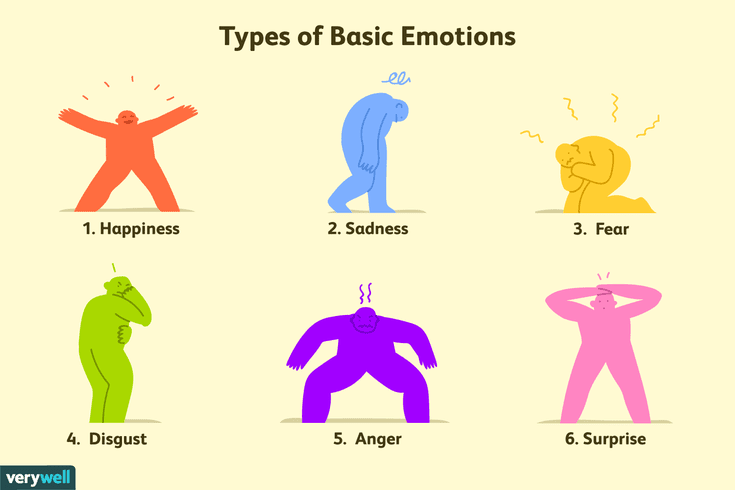 nine0011
nine0011
"The palette of emotions includes unregulated feelings such as sadness, disappointment, anger, worry or envy," he recalls.
"We can't ignore the fact that as humans we have a whole range of these emotions that are useful and give us information about what's going on around us and in our bodies. We can't ignore them," adds Rodellar.
British therapist, psychologist and author Sally Baker agrees: "The problem with toxic positivity is that it requires us to shut down some of the wide range of emotions we may experience in a difficult situation." nine0011
Image copyright, Getty Images
Image caption,Accepting our emotions makes us stronger, says Sally Baker
"If you allow yourself to experience only positive emotions, you're lying to yourself," she says.
"When you're in a difficult situation, suppressing all the 'negative' feelings that come up will exhaust you. And worse, you won't be able to build up resilience to them," says Baker.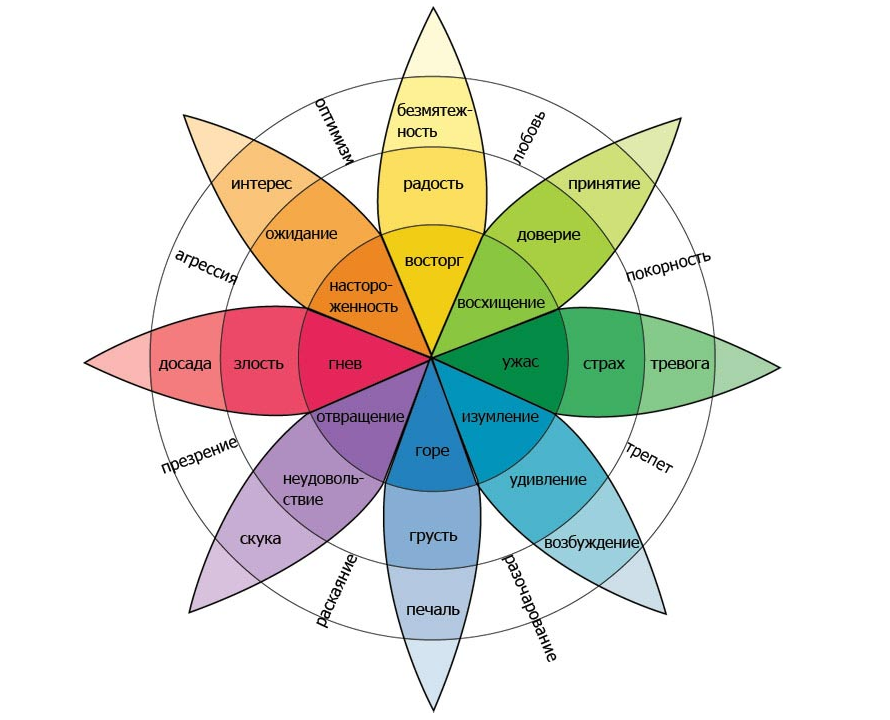
"It isolates us from ourselves, from our true emotions. We hide behind positivity so that people don't see us in a bad light," she sums up. nine0011
Positive - ordinary and toxic
To understand what toxic positivity is, we must distinguish it from positive thinking. It sounds similar, but they are completely different things.
"Positive thinking was popularized by psychologist Martin Seligman, who studied depression. He found a new approach to a number of problems, situations and pathologies," says Rodellar.
In the 1990s, Seligman, then president of the American Psychological Association, told a conference that psychology should take a new step in the scientific study of everything that makes people happy. nine0011
- "The virus gets into your head." How depression and other problems catch up with those who have recovered from covid
- How to survive the covid winter and not succumb to despondency: five simple tips
- The tyranny of time.
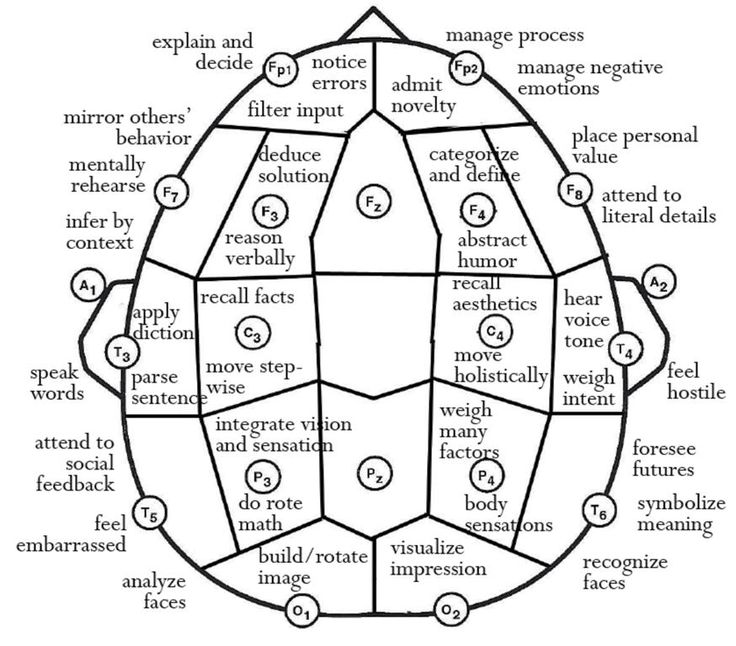 How to turn off the ticking clock in my head?
How to turn off the ticking clock in my head?
In his famous 1995 book The Optimistic Child, an American psychologist explained that people are not born pessimists, but become pessimists because of their life experiences. He argues that we can combat this pessimism and transform our negative thoughts into more positive ones. nine0011
Excellent! So if I'm sad, all I have to do is focus on being happy, right? Not certainly in that way. This would be the short cut into the toxic positivity trap.
Negative emotions cannot be ignored - you must first recognize and accept them.
The trick is to moderate your positivism and avoid extremes.
Image copyright, Getty Images
Image caption,You won't always feel good, and that's okay
"Positive psychology has become distorted over time," says Rodellar. decrease in the ability to withstand negative situations, "says the psychologist.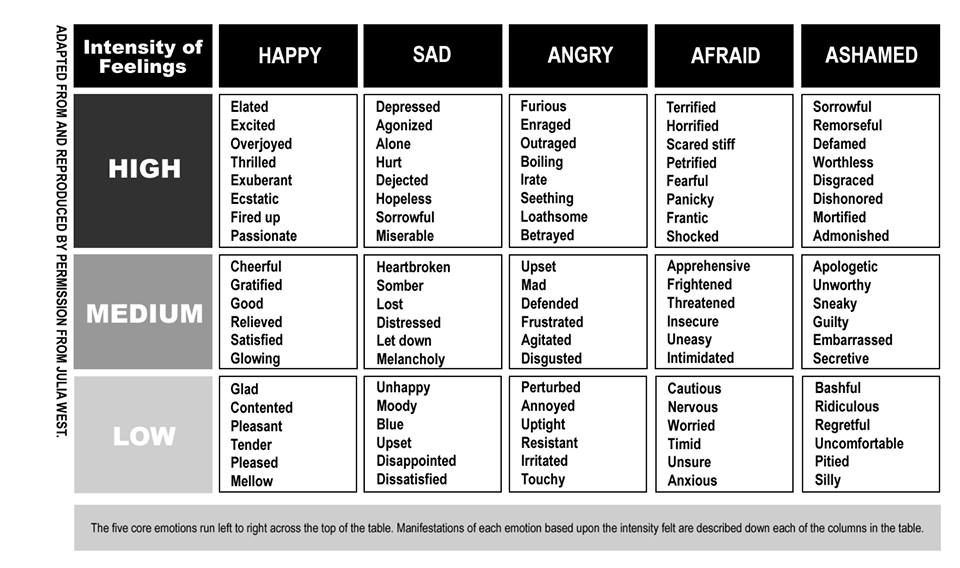
"Properly applied positive thinking is very useful, but it inevitably creates a fragmented perception of reality and a sense of helplessness. Denying harmful and painful situations is like looking at the world with one eye," says Rodellar. nine0011
How to know that you are trapped in toxic positivity
- You are hiding or masking your true feelings.
- You are trying to "not dwell" on the problem by ignoring your emotions.
- You feel guilty about how you feel.
- You try to minimize the negative experience of others by saying things that make you feel good.
- You try to rationalize the situation ("it could have been worse") instead of acknowledging your emotional experience. nine0004
- You shame or point the finger at others if they express disappointment or other "negative" feelings.
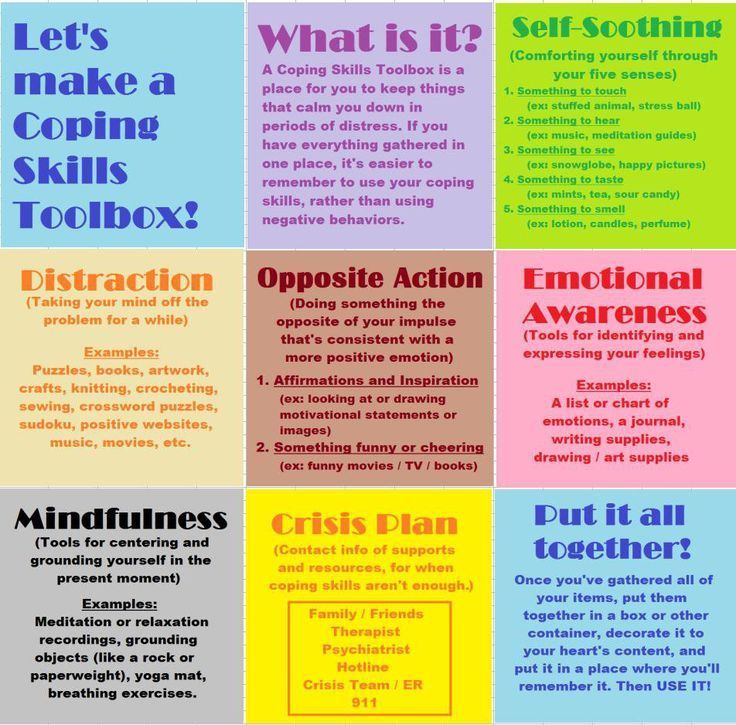
- You ignore what's bothering you ("as it is, as it is").
Source and : Tamara Quintero (Trauma, Hypnotherapy and Personal Growth Specialist) , Jamie Long (Relationships, Eating Disorders and Anxiety Specialist 2) 1
How does this affect us? nine0058
Skip the Podcast and continue reading.
Podcast
What was that?
We quickly, simply and clearly explain what happened, why it's important and what's next.
episodes
End of Story Podcast
Suppressing or ignoring "negative" emotions can be bad for your health.
"All the emotions we repress are somatized [psychological stress manifests as physical symptoms] and manifest through the body, often as a disease.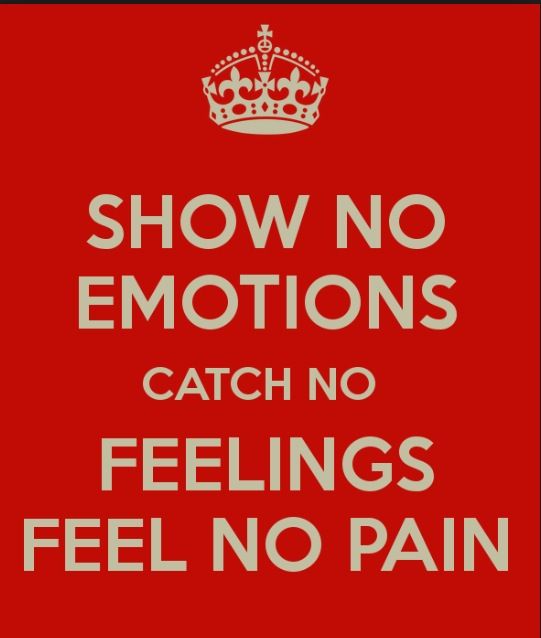 When we deny an emotion, it finds another way out," says Rodellar. nine0011
When we deny an emotion, it finds another way out," says Rodellar. nine0011
Baker agrees: "Suppression of emotions affects your health. If you hide your problems behind a façade of toxic positivity, they will show up in your body in alternative ways, from skin problems to irritable bowel syndrome."
"When we ignore our negative emotions, our body tries to draw attention to the problem. Suppression of emotions exhausts us physically and psychologically. It's unhealthy and doesn't work in the long run," says the therapist. nine0011
Another consequence, says Rodellar, is that "when we focus only on positive emotions, we get more naive, infantile versions of situations that happen to us in life, and we become more vulnerable in difficult moments."
Image copyright, Getty Images
Image caption,Are you honest with yourself?
Psychopedagogy and neuropsychology expert Teresa Gutierrez believes that toxic positivity "has more serious psychological and psychiatric consequences than depression.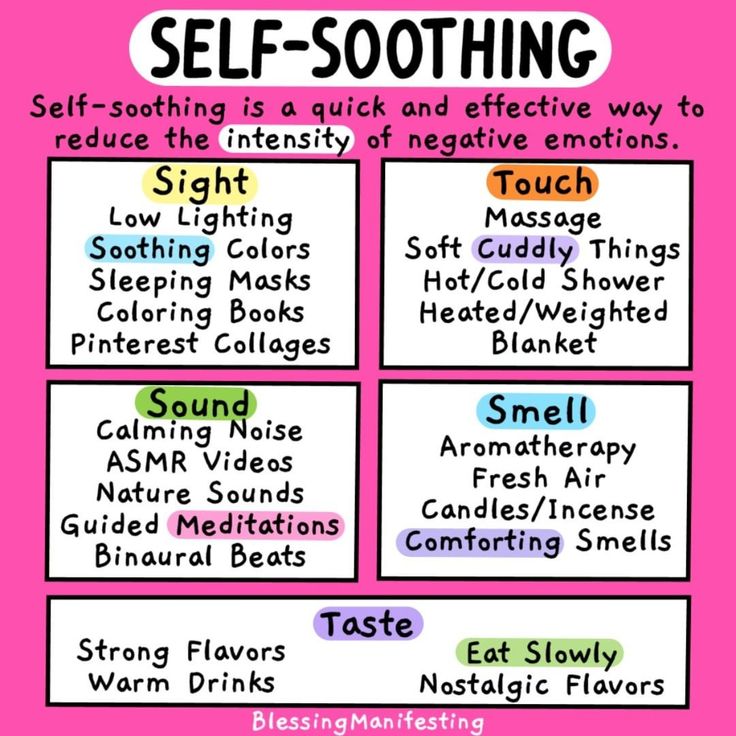 " nine0011
" nine0011
"The world of emotions is devirtualizing, and this can lead to the fact that a person does not live a real life - this affects our mental health. This amount of positive is harmful for everyone. If there are no disappointments and failures, we will not learn to develop in our lives", she says.
If you're not okay, it's okay
Is toxic positivity in fashion? Baker believes so, and attributes this to the proliferation of social media "which forces us to compare our lives with other ideal lives that we see on the Internet." nine0011
"There's a constant trend on social media to show the most perfect version of yourself, it's exhausting and not real," says Baker.
"If we were more honest, we would feel free to experience any emotion. We are human beings, we should allow ourselves to experience the full range of emotions. It's okay if you're not okay. We can't be positive all the time." she supposes.
Gutierrez believes that "in recent years" toxic positivity has become more common, especially during a pandemic. nine0011
"We are living in atypical and strange times, many people are suffering. Anxiety, uncertainty, frustration, fear... All these are normal feelings. But we are too addicted to toxic positivity, and this is dangerous," she says.
Image copyright, Getty Images
Image caption,"Everything will be fine" is a nice thought, but not very valuable advice
Rodellar says that "people are trying to find a shortcut to mental health, to feel better immediately, as if it is a right given to them by nature." nine0011
"It's nice to think that everything will be fine. But this does not mean that the process of achieving a goal should be pleasantly easy. It's more realistic to say to yourself "this will pass" when you have a difficult period in your life," says the psychologist.
"Emotions are like waves: they accelerate, gaining strength, and slow down, becoming foam and disappearing.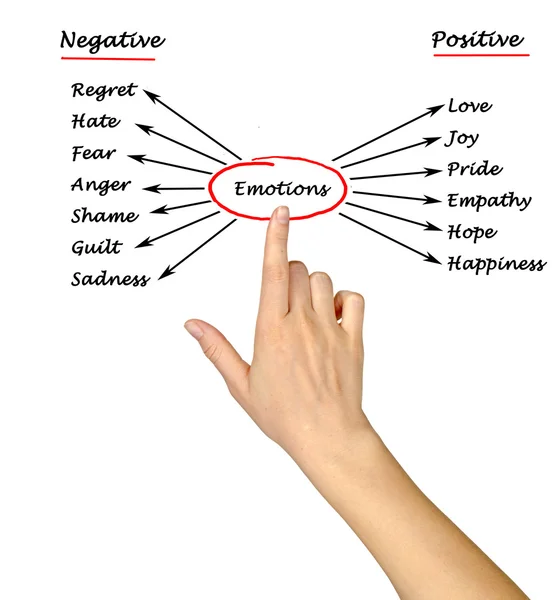 Problems begin when we do not want to feel what we feel, then we lose resistance to the next wave," Rodellar explains.
Problems begin when we do not want to feel what we feel, then we lose resistance to the next wave," Rodellar explains.
Recognize and not ignore
Psychologists consulted by the BBC agree that the ideal is to embrace all emotions without suppressing the ones we don't like.
Image copyright, Getty Images
Image caption,We always "should" feel good, but it's unhealthy pressure moment, even if we are uncomfortable.
"Be more honest with yourself, don't be afraid to say that you're sad, that you're depressed, that you're worried. It's important to acknowledge when you're feeling down and understand that it's happening and will continue to happen," says Baker. "Just get on with it." your emotions and learn from them to become more resilient" (this advice will not work for those suffering from clinical depression, clinical depression can worsen without treatment). nine0011
University of Michigan psychology professor Stephanie Preston says the best way to test your emotions is "just to listen to them. "
"
"When someone shares negative feelings with you, don't rush to encourage them or try to get them to think positively by telling them that 'everything will be fine.' Instead, try to think about what is bothering or scaring them. Try to listen," - advises the expert.
"To be emotionally disturbed is already isolation, and when people try to drown out these feelings, especially if they are your family and friends, it hurts a lot. Listening to someone who is hurting can lead to big changes in their lives " says Preston. nine0011
You may find it useful too. There is evidence that being altruistic is good for your health, Preston notes.
Image copyright, Getty Images
Image caption,Listening to a friend is more important than trying to encourage them
What if you feel down?
"The most important thing is to practice mindfulness," says Rodellar.
"Acknowledge the situation and your feelings.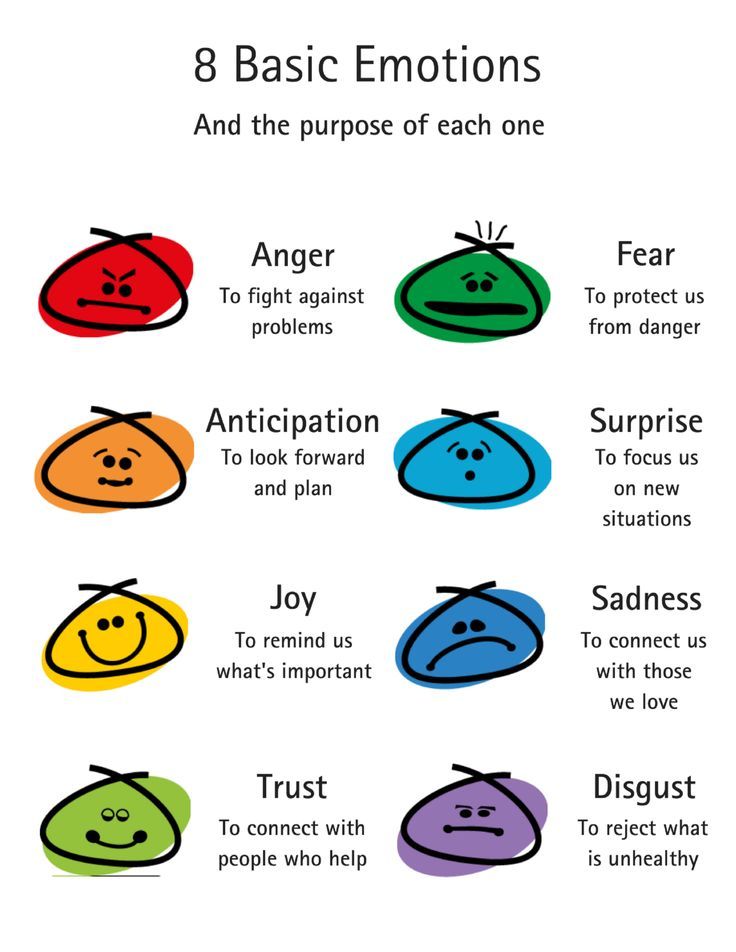 Don't deny that something is wrong, don't look the other way, and at the same time don't dwell on negative emotions," adds the psychologist. nine0011
Don't deny that something is wrong, don't look the other way, and at the same time don't dwell on negative emotions," adds the psychologist. nine0011
"Emotions are information that we need to read and understand in order to take a better look at the situation and see what lessons can be learned from it, what can be changed in the future," says Rodellar.
How to put this advice into practice? Here are typical phrases characteristic of the toxic positivity paradigm and alternatives to them.
Toxic positive
- "Don't think like that, be more positive!"
- "Don't worry, be happy"
- "Defeat is not our option!" nine0004
- "Only positive things here!"
- "Could be worse!"
Emotion validation
- "Tell me how you feel, I'm listening"
- "I can see that you're not well.
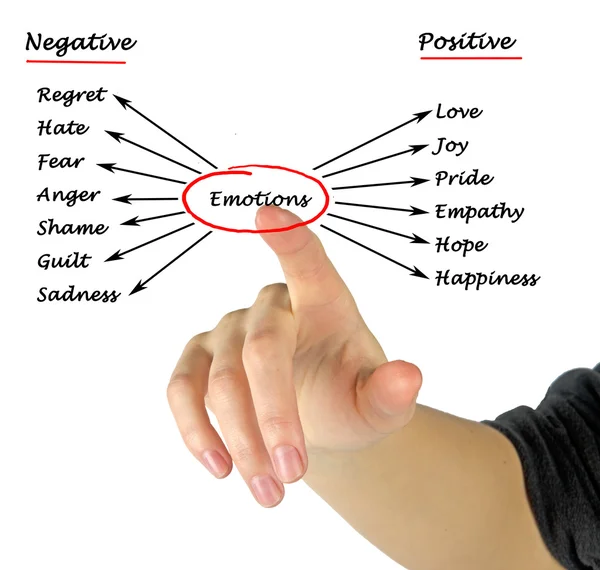 How can I help?"
How can I help?" - "Failure is part of success"
- "I'm here, you can rely on me"
- "I'm sorry you're going through this"
Source: The Psychology Group for your happiness, achieving it with the help of constructive psychology," calls Rodellar. nine0011
"It's okay to think that the glass is half full, but we need to accept situations when it's half empty, and from that point on, take responsibility for how we build our lives," he adds.
"All our emotions are real and real, and they all have value," Baker agrees.
How negative emotions make us insensitive to the pain of others
- Melissa Hogenboom
- BBC Future
Sign up for our Newsletter “Context”: it will help you understand the events.
Image copyright iStock
Our emotions have a dangerous quality that we don't always appreciate, and for good reason. They determine how we respond to the pain of others, warns columnist BBC Future.
They determine how we respond to the pain of others, warns columnist BBC Future.
In Margaret Atwood's dystopian novel The Handmaid's Tale, the heroine's physical and moral suffering is depicted so realistically that readers almost feel the pain she experiences from being hit by a stun gun and are dejected by the injustice of what is happening. nine0011
And what's even more frustrating is that we understand that everything that happens in this work of art has roots in the history of mankind, and therefore it is easy for us to imagine ourselves in Fredova's place.
As Atwood herself wrote in the New York Times, "If I have to create an imaginary garden, I will try to have realistic frogs in it."
We sympathize with the heroine of her novel, this is one of the basic human abilities - to share someone's feelings. When we see someone suffering, our brain immediately associates it with our own pain ever experienced. nine0011
- When was the last time you felt mbuki-mvuki?
- Why do we smile when we feel bad
- Why do people learn to cry
- Listen to your heart.
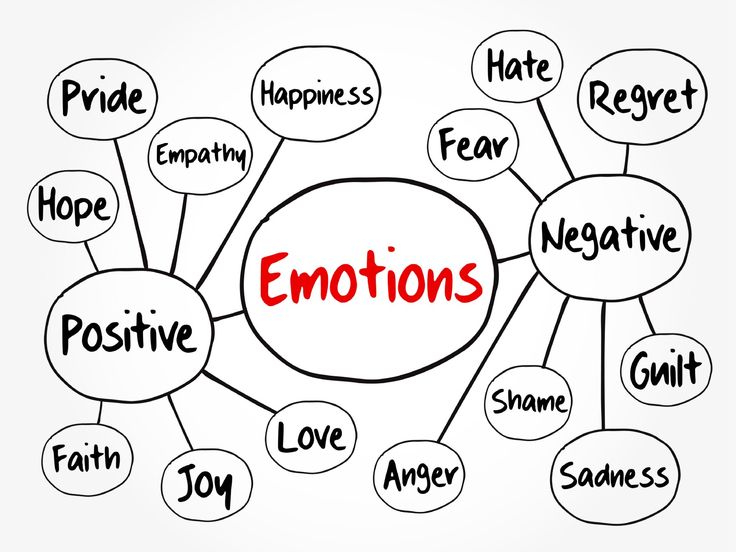 Bodily sensitivity as a sign of altruism
Bodily sensitivity as a sign of altruism
All this is true, but it turns out that our emotional state affects the degree of empathy, empathy. Our emotions literally change how our brains respond to the experiences and suffering of others.
In particular, when we are in a bad mood, when we ourselves feel bad, we treat people differently. nine0011
Clearly, our mood can influence our behavior in a million different ways, from the choice of food at dinner (when we feel bad, we choose less healthy food) to relationships with family and friends.
When our friends are upset and gloomy about something, their condition can be contagious and affect our mood. Bad moods can also spread through social media, according to one 2017 study.
In fact, our emotions are such a powerful thing that, for example, if we are in a great mood, it can even reduce the pain we feel. nine0011
Positive emotions have an analgesic effect.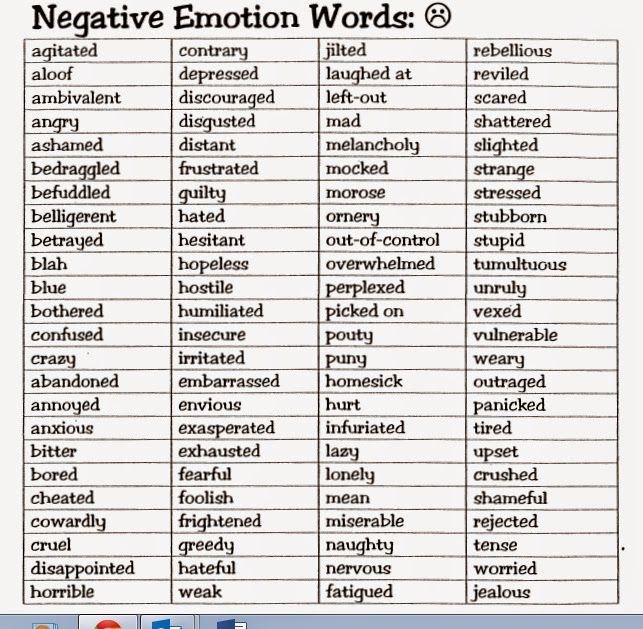 And vice versa: if the mood is bad, the pain is felt even stronger.
And vice versa: if the mood is bad, the pain is felt even stronger.
Image copyright, iStock
Image caption,Negative emotions affect the amount of empathy we have for those who are hurting
our "built-in ability" to respond to someone else's pain. It literally mutes our empathy.Emily Chiao-Tasseri from the University of Geneva and her colleagues set out to understand how our emotions influence our response to the pain of others.
Subjects experienced pain when a special device attached to their leg raised the temperature in that area. Participants in the experiment were also shown excerpts from movies of different moods (including those where other people experience pain), while scanning their brains.
It turned out that in those who were shown "painful" passages, and then - a person experiencing real pain, the activity of the brain regions responsible for painful sensations was less pronounced than usual.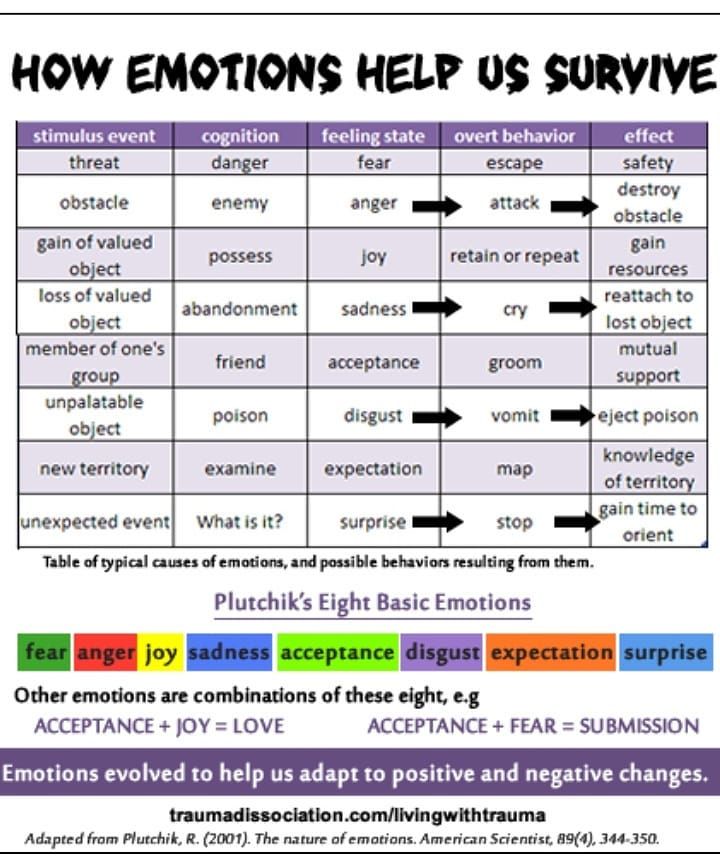 nine0011
nine0011
"In other words, negative emotions can inhibit our brain's ability to feel the pain of others," explains Chiao-Tasseri.
The results of this study are very telling. They demonstrate that emotions can literally change the state of our brain - and this, in turn, affects how we perceive the feelings of other people.
Image copyright, iStock
Image caption,Bad moods make it difficult for us to understand the feelings of others
Another study by Qiao-Tasseri and her colleagues found that people who watch a film clip that makes their mood worse tend to perceive a completely neutral facial expression as hostile . nine0011
What does this mean for real life? When a person in power - say, a boss - experiences something that negatively affects his emotions and thoughts (even if it is just a movie or a book), he becomes much less receptive to the problems of his colleagues at work and even begins to experience negative emotions towards them.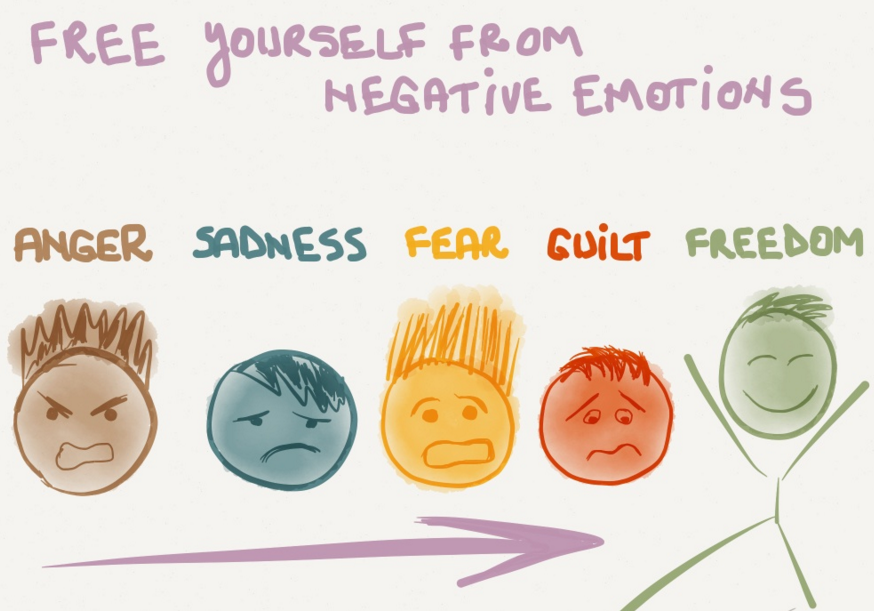 .
.
- Is it so bad to be British reserved?
- What is it like to live without feeling emotions?
Our bad mood prevents us from understanding the feelings of others. nine0011
Lack of empathy can have other consequences. Studies show that the result can be, for example, a decrease in donations to charity.
Brain scan results show that we feel less empathy for those who are not from our immediate environment, let's say acquaintances, but not close friends.
Why do negative emotions reduce the ability to empathize? Perhaps in such situations, a specific type of empathy comes into play - emotional overstrain. nine0011
As Olga Klimecki from the University of Geneva explains, it's the feeling that you can't handle your emotions when something bad happens to someone else, and so you instinctively try to protect yourself, to distance yourself from negativity.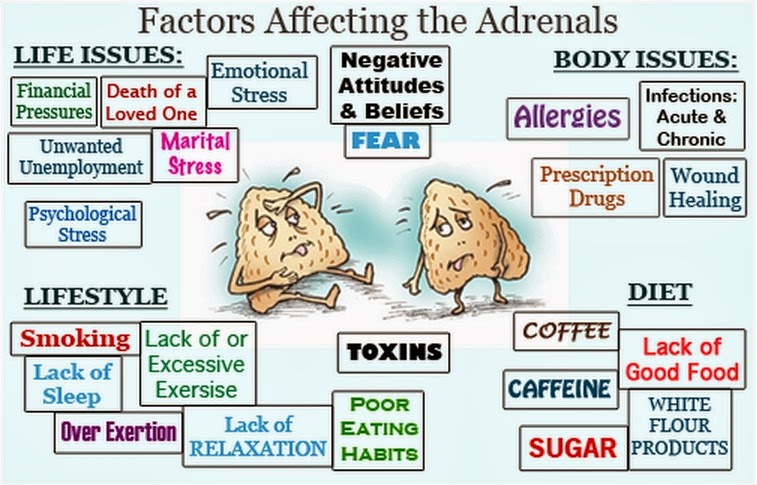
Such emotions manifest themselves in a completely different way in our brain when compared to ordinary empathy. Such emotional overstrain naturally reduces the degree of empathy.
Image copyright, Getty Images
Image caption,Feeling empathy for the loser is normal
It is also possible that any situation that causes negative emotions prompts us to focus primarily on ourselves and our own problems.
"Patients who suffer from anxiety and depression, who are overwhelmed by negative emotions, are more likely to focus on their own problems and increasingly isolate themselves from society," notes Chiao-Tasseri.
One study by Klimecki and colleagues (2016) found that emotional stress can increase aggressiveness. nine0011
During the experiments, participants were presented with competitive situations where they were evaluated unfairly, and then given the opportunity to either punish or forgive rivals.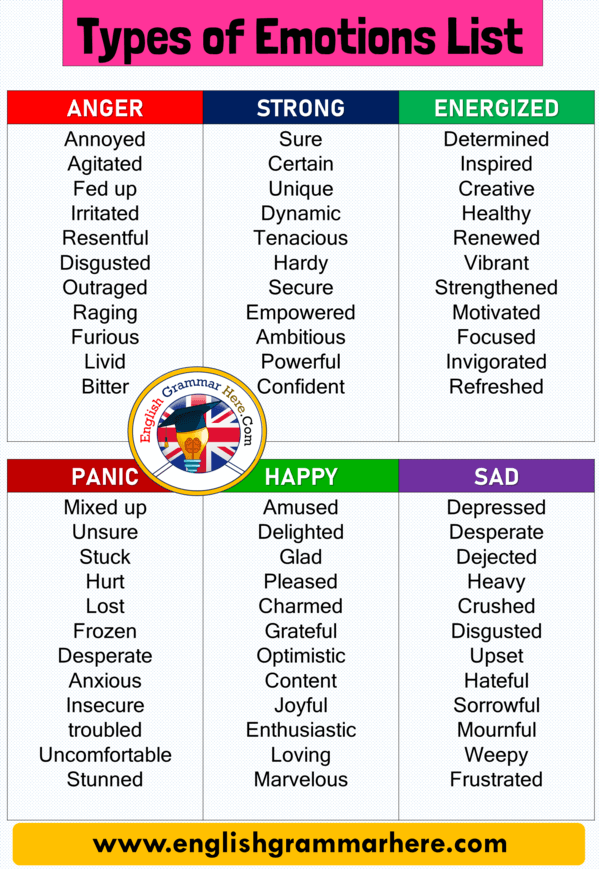
- What is emotional intelligence and why is it so important
- Why music has such a strong influence on our emotions
Before participating in the experiment, all participants were asked to take a personality test. Klimecki found that those who were initially more sympathetic toward others were less likely to put others down over the course of the experiment. nine0011
This speaks volumes, says Olga Klimecki. In her large-scale study of empathy, she demonstrated that it is possible to develop the ability to empathize in people.
She discovered that such feelings can be trained. Our emotional responses to the condition of others are thus not something that is formed once and for all.
We can re-activate our deep-seated capacity for empathy - even if someone's suffering seems too much to us. nine0011
Image copyright, iStock
Image caption,Good human relationships are a major factor in life satisfaction
And when we think in a more positive way, it helps us to be more attentive to the needs of others.

